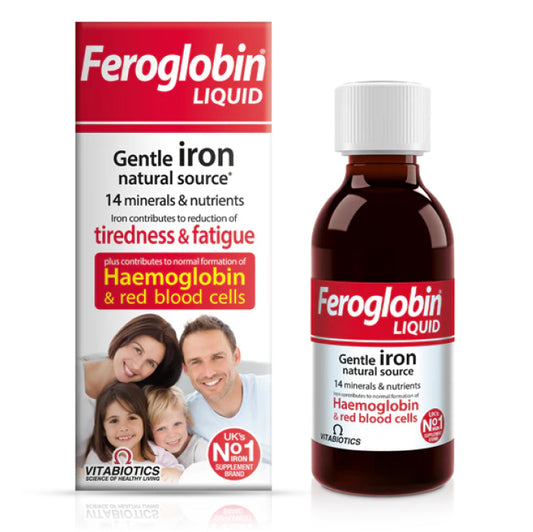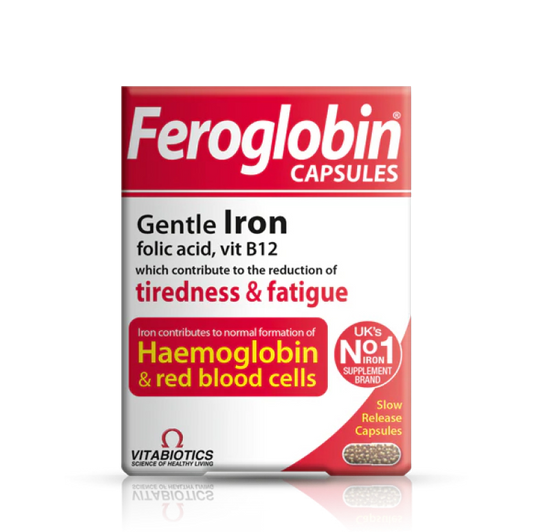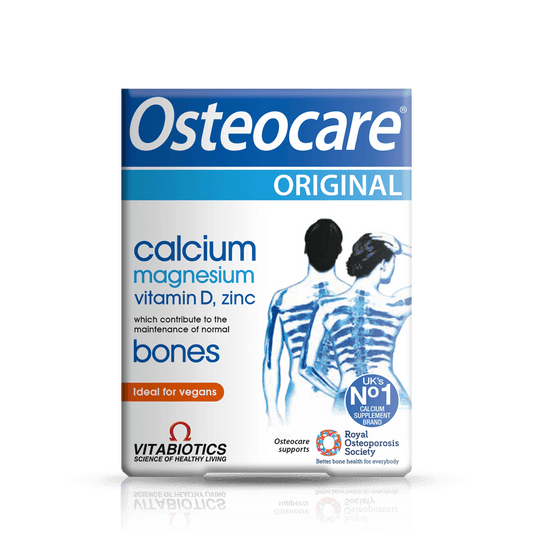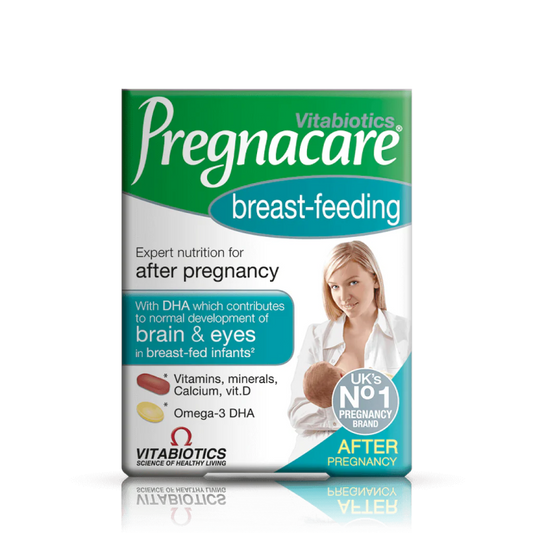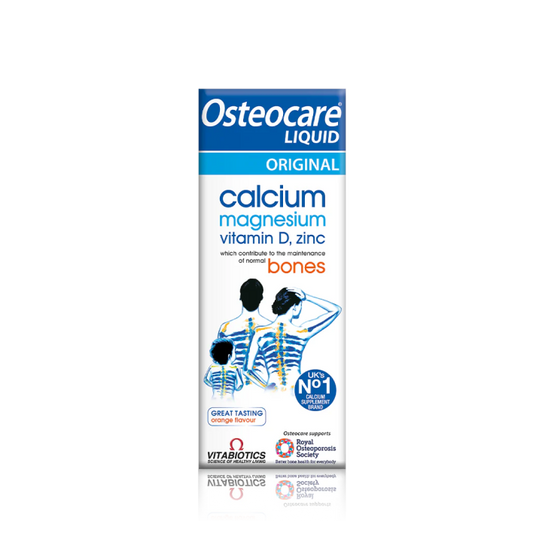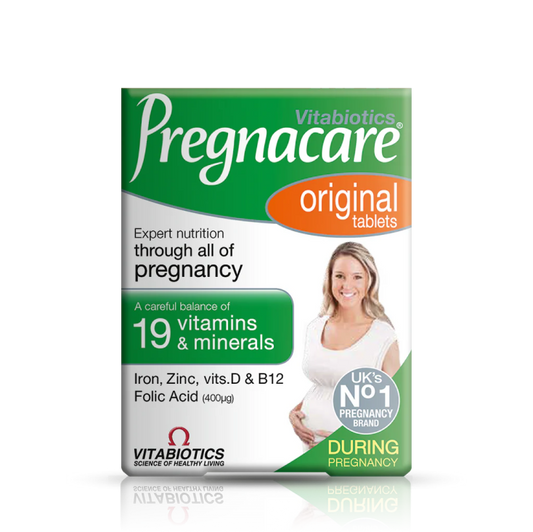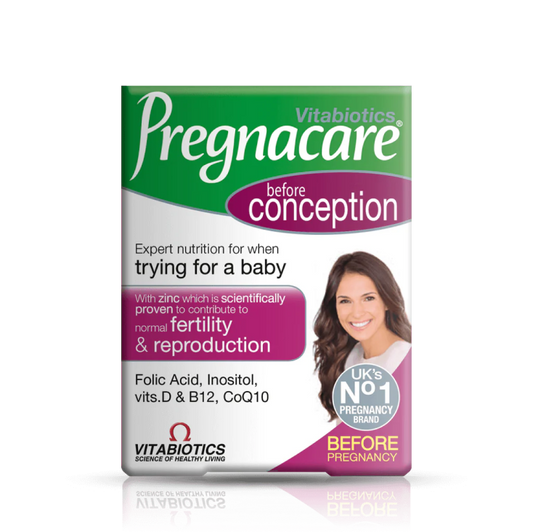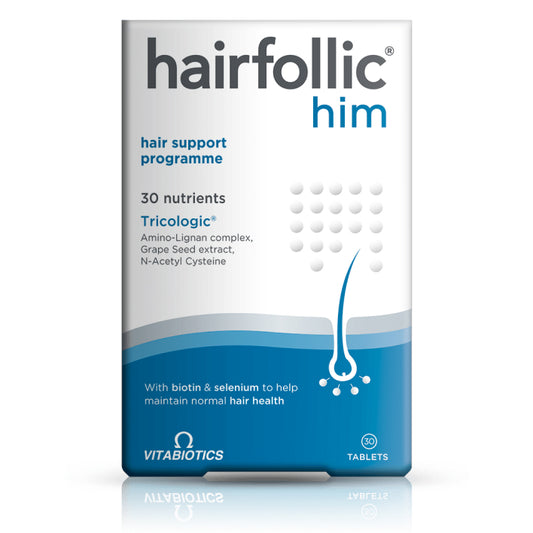Manganese is a trace element that plays an extremely important role in many processes in our body. Although we need it in small amounts, its deficiency can lead to various health problems. For this reason, many people wonder about manganese supplementation. Is it a good idea and what benefits can it bring? Let's take a closer look at this issue.
Why is manganese so important?
Manganese has many important functions in our body. First of all:
- Supports bone health: manganese is essential for the proper development and maintenance of strong bones. Supports bone mineral density, especially in older people.
- It acts as a powerful antioxidant: it is a component of the antioxidant enzyme superoxide dismutase (SOD), which protects the body against the harmful effects of free radicals.
- Supports metabolism: takes part in the metabolism of proteins, carbohydrates and fats, supporting digestive processes and liver function.
- Supports wound healing: Manganese is needed for the production of collagen, which is essential for the wound healing process.
- Regulates blood sugar levels: May contribute to normal insulin secretion and help stabilize blood sugar levels.
- Supports thyroid function: It is an essential cofactor for enzymes that help the thyroid function properly.
- Eases PMS symptoms: Taking manganese and calcium together may help ease the symptoms of premenstrual syndrome.
- Supports brain and nervous system function: essential for the normal functioning of the brain and nervous system.
- Improves iron absorption: has a beneficial effect on iron absorption, which may reduce the risk of anemia.
- Supports the immune system: M anganese protects against oxidative stress, which has a positive effect on the immune system.
Natural sources of manganese in the diet
Before we reach for supplements, it is worth taking care of the right amount of manganese in our daily diet. We can find it in many products, mainly of plant origin:
- Nuts (hazelnuts, walnuts, pine nuts, peanuts) and seeds (sunflower, flax, sesame, pumpkin).
- Wholegrain cereal products (oatmeal, buckwheat, brown rice, wholemeal rye bread).
- Legumes (beans, peas).
- Green leafy vegetables (spinach, kale).
- Fruits (pineapple, raspberries, strawberries, apricots).
- Tea (black and green) and coffee.
- Spices (e.g. pepper, cloves).
- Dark chocolate and cocoa .
- Seafood (oysters, mussels).
Who might need a manganese supplement?
In most cases, a balanced diet should provide sufficient manganese. However, supplementation may be beneficial in certain situations:
- People with manganese deficiency: Your doctor may recommend a supplement if your tests show that your levels are too low. Symptoms of deficiency can include weak bones, skin problems, mood changes, and metabolic disorders.
- Elderly: manganese, in combination with other minerals, can help maintain normal bone mineral density, which is important in the prevention of osteoporosis.
- People with osteopenia: Research suggests that supplementing with manganese, calcium, and other nutrients can improve bone density in women with osteopenia.
- People with type 2 diabetes: Manganese may help regulate blood sugar levels by improving insulin sensitivity.
- Women with severe PMS symptoms: manganese and calcium supplementation may help alleviate these symptoms.
- People on restrictive diets: Diets poor in natural sources of manganese can lead to manganese deficiency.
- Physically active people: Intense physical activity may increase the need for certain micronutrients.
What forms of manganese supplements are available?
Manganese supplements come in a variety of forms, allowing you to choose the most convenient option:
- Tablets and capsules: these are some of the most popular and convenient forms of supplementation.
- Powder: Manganese powder can be easily mixed with water or other beverages. It is often chelated, which increases its bioavailability.
- Liquid: Liquid manganese supplements are easily digestible and may be a good option for people who have difficulty swallowing tablets.
-
Combination supplements: Manganese is often found in multivitamin and mineral supplements, as well as in preparations supporting joint health (in combination with glucosamine and chondroitin).
What are the recommended daily allowances of manganese?
The recommended daily intake of manganese varies depending on age, gender, and physiological condition. For adults, it is usually between 1.8 mg and 2.3 mg. The upper limit of intake for adults is set at 11 mg per day.
In the case of dietary supplements, the dosage may vary depending on the product. In Poland, the maximum amount of manganese in the recommended daily dose of a dietary supplement for adults is 1.8 mg. Always follow the manufacturer's recommendations on the supplement packaging.
This may be useful to you: Osteocare - calcium supplements tailored to your needs
Before starting manganese supplementation, it is always worth consulting a doctor or pharmacist to determine the appropriate dose and exclude any contraindications.
Risks and Side Effects of Manganese Supplementation
Although manganese is essential for health, excessive consumption can be harmful. Excess manganese can cause the following effects:
- Manganese: Long-term exposure to high doses of manganese can cause neurological symptoms similar to Parkinson's disease, such as tremors, muscle stiffness, and balance problems.
- Nervous system problems: mood changes, irritability, problems with memory and concentration may occur.
- Gastrointestinal disorders: Taking too much manganese can cause nausea, vomiting and diarrhea.
- Potential interactions with other minerals: Excess manganese may affect the absorption of other minerals, such as iron.
Interactions of manganese with medications and other supplements
Manganese supplementation may interact with certain medications and other supplements.
Caution should be exercised, especially when taking manganese supplements concurrently with:
- Antibiotics: Manganese may reduce the absorption of some antibiotics such as quinolones and tetracyclines.
- Antacids: may affect the absorption of manganese.
- Calcium and iron supplements: may compete with manganese for absorption.
Always inform your doctor of all medications and supplements you take to avoid potential interactions.
See also: Why do legs hurt? The importance of supplementation
A few words of summary about manganese supplementation
Manganese is an essential trace element that plays a key role in many bodily functions. We can usually get enough through a balanced diet. Manganese supplementation may be beneficial for some groups of people, but it should always be under the supervision of a doctor or dietitian. Remember that both a deficiency and an excess of manganese can be harmful to health. Before starting supplementation, it is worth carefully considering the potential benefits and risks and consulting a specialist.


